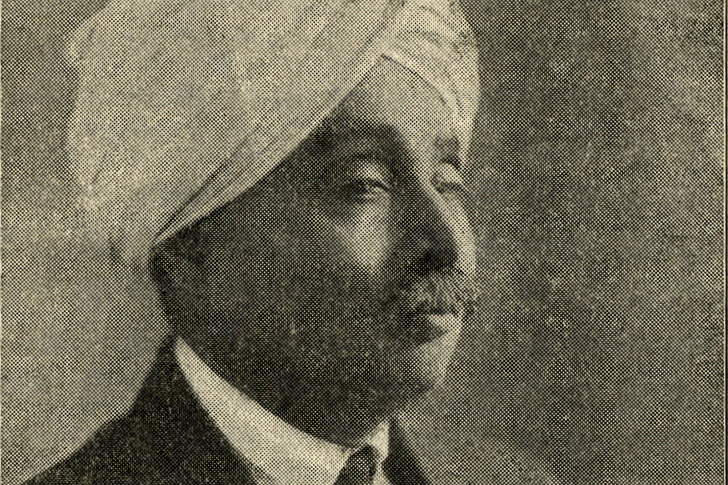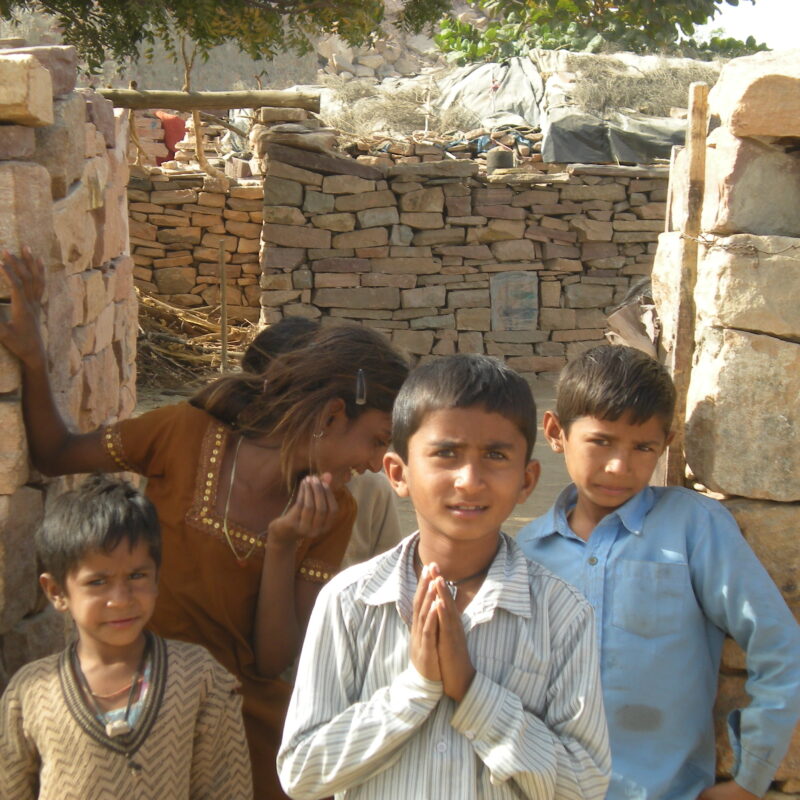
For anyone not familiar with the long-running Marvel comic series Black Panther, one of the film adaptation’s early scenes might have caused a stir, as it did with the Indian film board.
When M’baku, a character vying for the throne of the fictional country of Wakanda, challenges T’Challa/Black Panther, he yells, “Glory to Hanuman.” That one line’s significance is bound to reverberate.

In addition to box office records, the perceived limitations of an all-Black leading cast, and the constraints of a lesser known protagonist in the Marvel Universe, Black Panther has also smashed another stereotype: that Hollywood has to frame its superhero franchises on an Abrahamic-centered notion of spirituality and right and wrong.
Lost in the political, economic, and racial implications of the Afrofuturistic film adaption of the comic book series is Black Panther’s defiance of a spiritual world that’s largely defined by Abrahamic-centric notions of divinity. It’s also the first blockbuster film that seeks to tie the spiritual salvation of an imagined African nation with actual indigenous notions of lived religion.
The comic’s homage to Hinduism, in the form of the Hanuman-worshiping Jobari tribe, showcases a long-standing fascination by Afrofuturists with Dharmic traditions as a means of symbolic and intersectional resistance to a white Christian mapping of history. In other words, the mere mention of Hanuman (who is depicted in the comics as a gorilla deity) subverts the narrative of a colonized – or even post-colonial – framework. By doing so, the fictionalized society in which Wakandans live becomes a symbol of resistance.
Ironically, the Black Panther film release comes 90 years after the first Afrofuturist, W.E.B Du Bois, published Dark Princess, which imagined a Hindu princess guiding an African American man into the leadership of “darker peoples.”
The book’s hero, Matthew Townes, escapes Chicago – and imminent charges for working for a corrupt politician – and finds himself in an international gathering of the darker races. It is there he meets Kautilya, the daughter of an Indian maharaja, who seeks to bring a select group of thinkers together to fight white subjugation. Eventually, Townes falls in love with Kautilya, who teaches him about the glory of the darker races and the need to restore them to their rightful place in history. She even points to Matthew’s own legacy as a son of the goddess Kali, the Hindu deity. Even as the novel’s heroes face their own shaming (Matthew is sent to jail while Kautilya is stripped of her royalty), the redemption lies in their son becoming a crown prince of the darker nations. As she tells Matthew, “God lives forever – Brahma, Buddha, Mohammed, Christ – all His infinite incarnations. From God we came, to God we shall return. We are eternal because we are God.”
Kautilya’s exclamation mirrors the Advaita school of Hindu philosophy, premised upon the idea that the soul and God are one, but it also reflects one of the central premises of Hinduism, exemplified in the Rig Veda verse: “The Truth is one; the wise call it by many names.” These theological reflections are overlooked in subsequent analyses of the novel, but provide a glimpse into a more advanced understanding of Hindu philosophy than Du Bois was given credit for.
In contrast to Dark Princess, Black Panther relies slightly more on Hindu symbolism than philosophy (though dharma is an unsaid aspect of the characters’ interactions). However, the significance of Hanuman as a transcendent deity cannot be overlooked, especially at a time when dialogues about global migration, the right to worship, and access to natural resources are becoming more overtly racialized. The film provides more than just as entertainment escape: it reimagines a world in which the current racial and theological paradigms are challenged forcefully. With the film expected to have at least several sequels, there will be more opportunities to reference Hinduism and Hindu iconography.
Thus, “Glory to Hanuman” might be minor in terms of the movie’s plot, but it will loom large in the greater context of resistance. For that, we all owe the Jobari a debt of gratitude.































